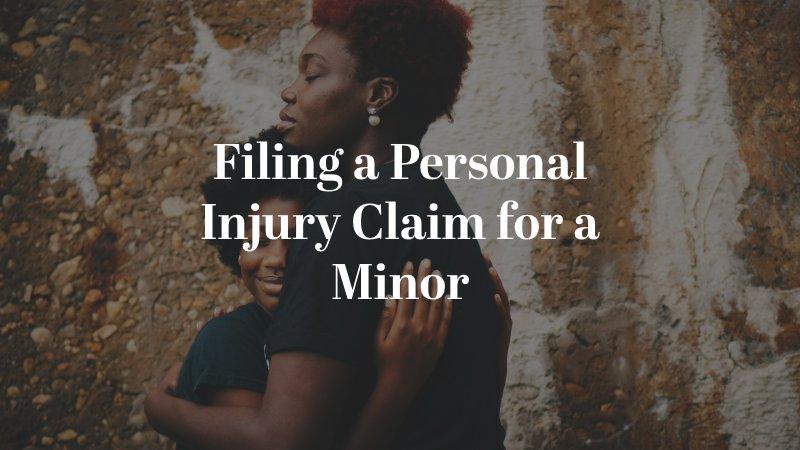Sometimes, the most innocent victims are injured due to the careless actions of others. Children have just as much of a right to financial compensation as others who suffer personal injuries.
Personal injury cases involving minors are often legally complex, as special rules apply to these cases. Seeing your child in pain can be emotionally devastating, so adding a complex legal matter on top of everything may seem overwhelming. Fortunately, you don’t have to deal with this alone.
An experienced personal injury attorney from Dulin McQuinn Young can explain the relevant laws to you and guide you through the legal process.
Contact us today for a free, no-obligation consultation.

How Personal Injury Claims Involving Minors Are Different Than Those Involving Adults
Minors aren’t just young. They have different rights than adults. They cannot represent their own interests in a legal proceeding. Instead, a parent, guardian, or conservator must stand in the minor’s place when filing a claim on behalf of a minor.
Additionally, minors are not legally permitted to sign contracts. Their parent or other designated individual is responsible for signing legal documents on their behalf and must consider what is in their child’s best interests when doing so.
Required Court Approval
One of the most significant differences between minor and adult cases is that the court must approve settlements involving minors, while those involving adults usually do not. The court must also appoint a guardian to act on the child’s behalf during these legal proceedings, in addition to an attorney who is representing the minor.
When considering a proposed settlement, the court reviews all of the case details and the proposed settlement. Only if the court determines that the settlement and the plan for how the settlement proceeds will be handled are in the child’s best interests will the court approve these agreements. These additional requirements serve as safeguards so that the minor’s interests are adequately represented.
The approval of a minor’s settlement is called a Compromise of a Minor’s Claim in Colorado. This court proceeding occurs after the parties have reached an agreement and wish to have the court review it. The court conducts a hearing to determine whether or not to approve the settlement.
The settlement must be in writing and contain detailed information, including:
- The minor’s name and age
- The minor’s residence
- Custody information about the child
- Details about the child’s accident and injuries
- Verification of the child’s medical condition
- The total settlement amount
- Specific information about which damages are covered by the settlement
- A full accounting of all settlement funds, including attorney fees and legal costs that are deducted from the settlement
- A statement that the child’s representatives deem the settlement fair and final
By signing the agreement, the parents must acknowledge that the settlement will end the case and bar any future claims based on the same facts.
During the hearing, the court may review medical records, review attorney fee calculations, determine that medical expenses are necessary, reasonable, and customary, and ask about how the settlement funds will be used.
Contact Dulin McQuinn Young for Legal Assistance
The personal injury attorneys at Dulin McQuinn Young are here to help fight for what is best for your child. We can provide you with compassionate and personalized legal guidance and representation. Contact us today for a free consultation.